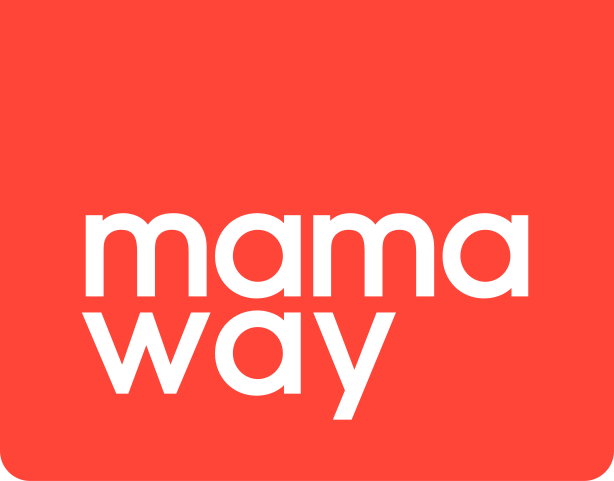As parents, one of our top priorities is ensuring our babies and toddlers stay healthy and hydrated. Proper hydration is essential for growth, development, and overall well-being. However, navigating when and how to introduce water to your little one's diet can sometimes be a puzzle. In this article, we'll provide a comprehensive guide on when and how to feed water to babies and toddlers, helping you foster healthy hydration habits from the start.
When to Introduce Water:
Birth to 6 Months:
For the first six months of life, breast milk or formula is the primary source of hydration for your baby. Babies receive all the necessary fluids from breast milk or formula, and introducing water during this period is not necessary. In fact, giving water to an exclusively breastfed or formula-fed baby can potentially fill their tiny stomachs, reducing their intake of essential nutrients.
6 to 12 Months:
Around six months of age, as your baby starts exploring solid foods, you can begin to introduce small sips of water. This is especially important if you live in a hot climate or your baby shows signs of thirst between feedings. However, remember that breast milk or formula remains the main source of hydration.
12 Months and Beyond:
After the first birthday, water becomes more significant in your toddler's diet. As solid foods become more prevalent, offer water with meals and between snacks. Encourage your toddler to drink water throughout the day to maintain proper hydration.
How to Feed Water
Use Sippy Cups or Straw Cups:
Once your baby is around six months old and ready to start drinking water, introduce a sippy cup or a straw cup. These cups make it easier for your baby to learn how to sip and swallow, helping them transition from bottle feeding.
Offer Small Amounts:
Start with just a few sips of water during meals and snacks. Gradually increase the amount as your baby becomes more accustomed to the taste and sensation of drinking water.
Monitor for Thirst Cues:
Pay attention to your baby's cues of thirst. If they seem fussy, cranky, or show signs of dryness, offer a small amount of water.
Avoid Juice or Sugary Drinks:
Water is the best choice for hydration. Avoid giving your baby or toddler juice or sugary drinks, as these can contribute to tooth decay and unhealthy eating habits.
Encourage Independence:
As your toddler grows, encourage them to drink water independently from a cup. This helps develop fine motor skills and fosters a sense of accomplishment.
Conclusion
Introducing water to your baby's diet is an important step in fostering healthy hydration habits. Remember, breast milk or formula remains the primary source of nutrition and hydration during the first year. As your baby transitions to solids and toddlerhood, gradually offer water alongside meals and snacks. By following these guidelines and listening to your baby's cues, you're setting the foundation for a lifetime of healthy hydration habits that will contribute to their overall well-being.
Source












Validate your login
Sign In
Create New Account